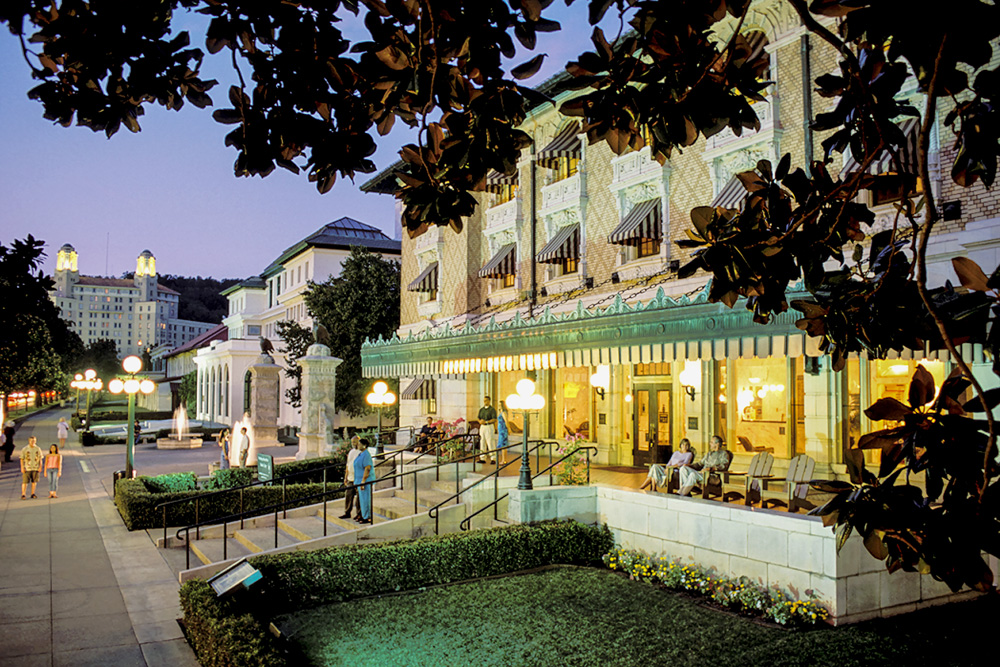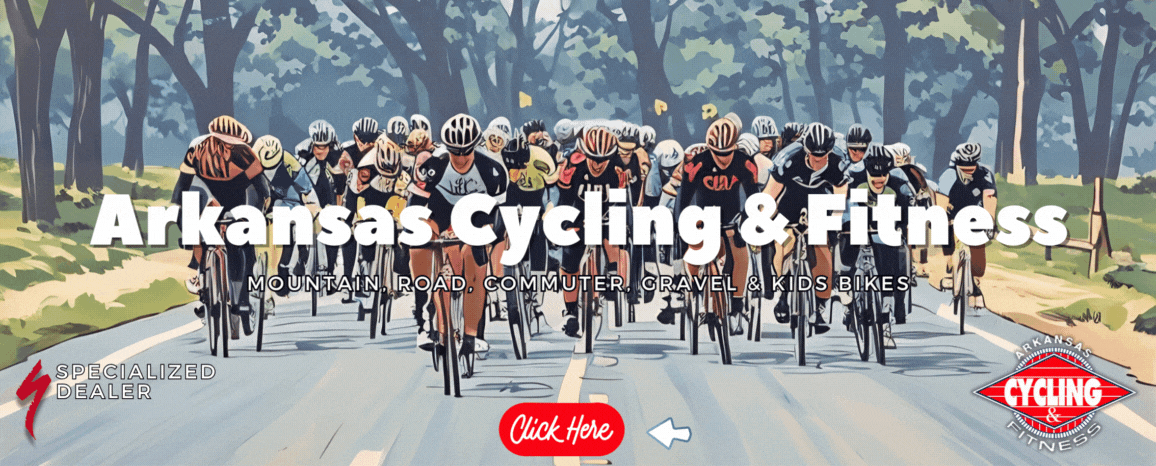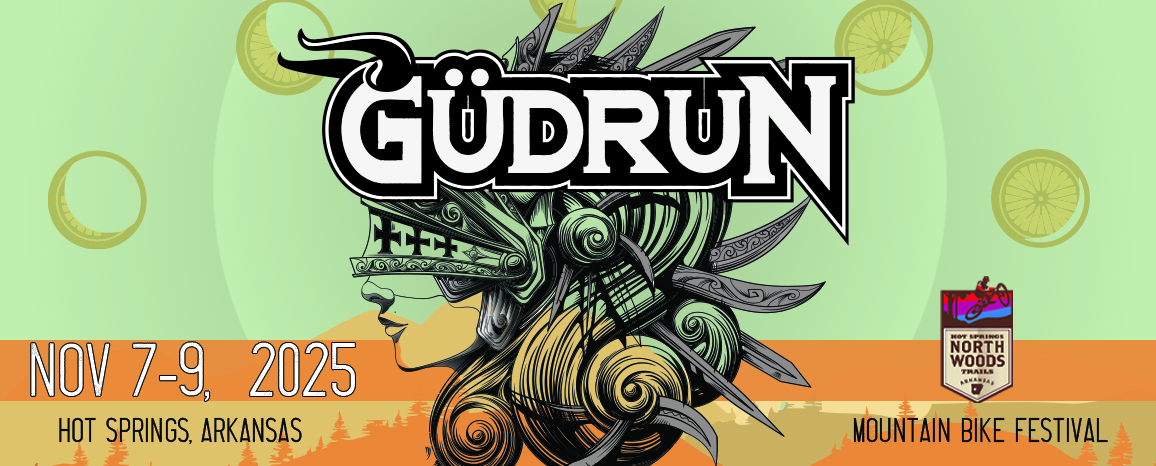On August 4, all National Park Service entrance fees will be waived to celebrate the 4th anniversary of the historic legislation.
The Great American Outdoors Act (GAOA) is proving to be a game-changer for America’s national parks. The landmark legislation, celebrating its fourth anniversary on August 4th, has allocated over $6 billion for critical maintenance and repair projects across the country. (Read more about the GAOA in our article from 2020.)
“The Great American Outdoors Act is one of the largest infusions of funding in the history of the National Park Service, enabling us to make long-needed repairs and improvements on everything from iconic buildings to trails, roads, bridges, lodges, campgrounds, utility systems, and landscapes,” said National Park Service Director Chuck Sams.
Over 600 projects are underway in more than 250 national parks, ranging from fence repairs to campground rehabilitations. GAOA is specifically tackling a massive deferred maintenance backlog, allowing parks to better accommodate the increasing number of visitors. The $1.3 billion annual Legacy Restoration Fund, fueled by offshore oil and gas lease royalties, is transforming parks nationwide.
“GAOA is the driving force behind much-needed infrastructure repairs and updates taking place in national parks, including the projects to repair and restore Foothills Parkway, Newfound Gap Road, and Lakeview Drive in the park,” said Barbara Hatcher, chief of facility management for Great Smoky Mountains National Park. “However, with more than 12 million visitors a year using and enjoying the roads, an ongoing source of funding and maintenance is crucial to ensure the proper care of these investments.”
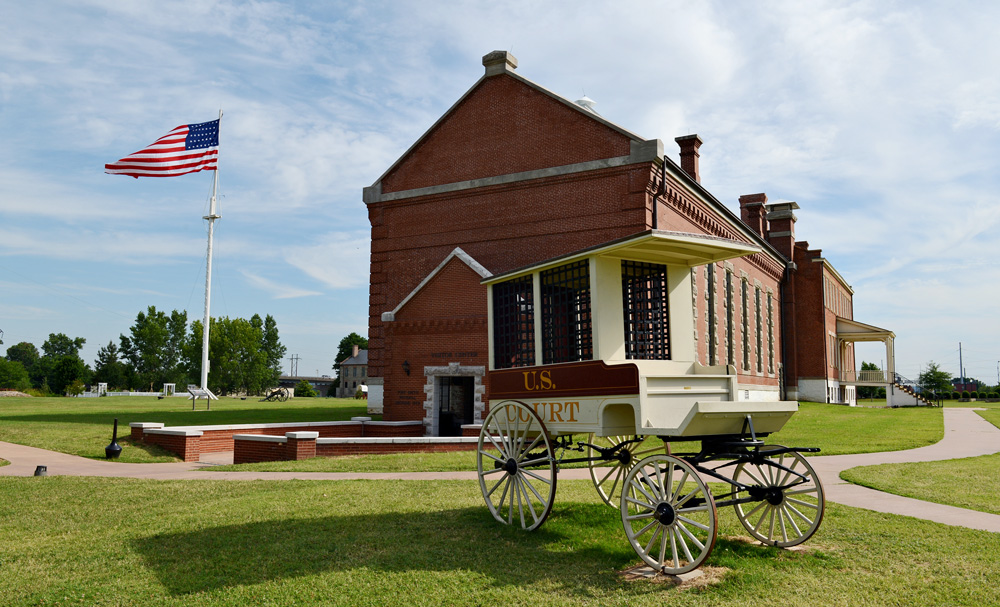
Revitalizing Roads and Enhancing Access
GAOA is investing in road repairs across the country, including the Blue Ridge Parkway, Going-to-the-Sun Road, and Yellowstone’s Loop Road. These projects are not only improving driving conditions but also upgrading drainage systems, retaining walls, and parking areas.
The act is also expanding accessibility for visitors. Projects like the subterrain walkway in Mammoth Cave and the Potomac River path in Washington, D.C., are creating new opportunities for people with disabilities to explore the outdoors. Saratoga National Historical Park’s GAOA-funded Battlefield Tour Road Improvement Project is a prime example of enhancing accessibility with upgraded parking, walkways, and interpretive exhibits.
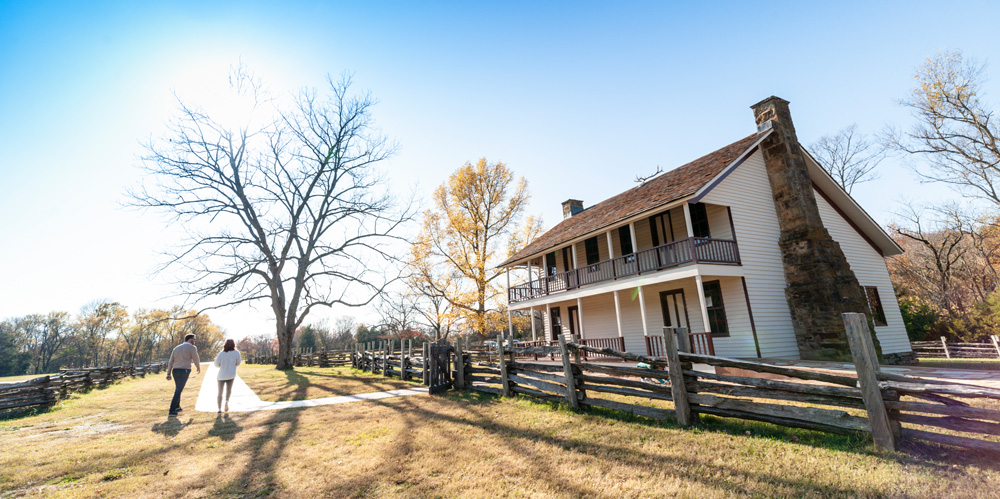
Upgrading Facilities and Expanding Opportunities
GAOA is funding renovations to historic lodges, campgrounds, and utility systems. Visitors are enjoying improved amenities and experiences, while park staff benefit from upgraded workspaces. The act is also creating job opportunities through National Park Service Maintenance Action Teams, training a new generation of skilled craftspeople.
GAOA’s impact extends beyond park infrastructure. The act guarantees full and permanent funding for the Land and Water Conservation Fund, supporting recreation opportunities and conservation efforts.
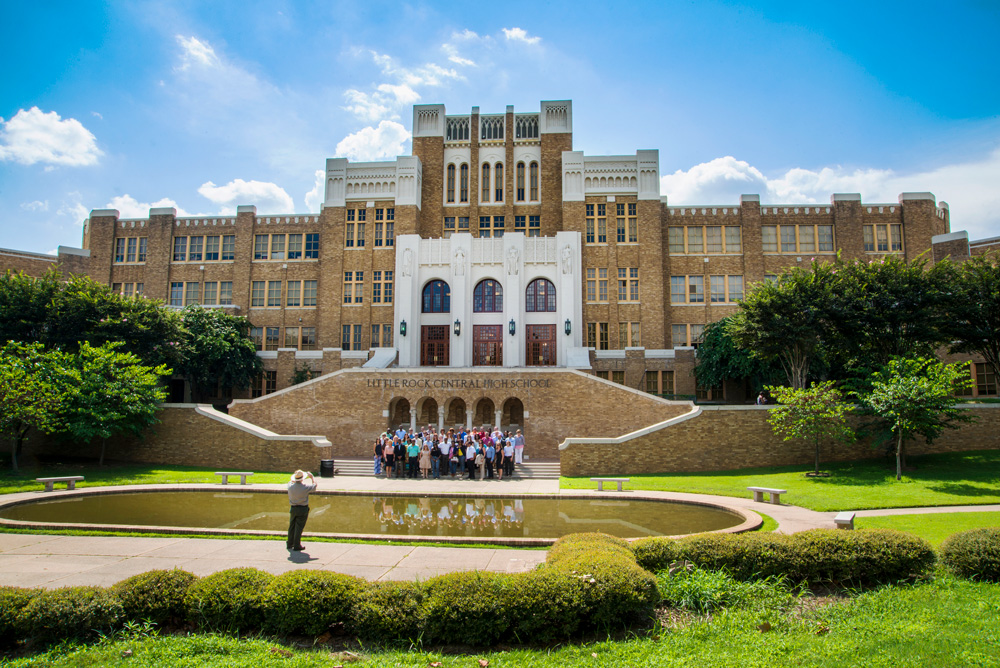
Preserving Historic Treasures
Iconic landmarks like the Jefferson Memorial, the Statue of Liberty, and the Ahwahnee Hotel are receiving much-needed restoration thanks to GAOA. These investments are not only preserving our nation’s heritage but also enhancing visitor experiences.
As GAOA projects continue to unfold, visitors will reap the rewards of improved facilities, enhanced accessibility, and preserved historic sites. The act’s positive impact on both parks and communities is evident, ensuring that America’s national treasures are protected and enjoyed for generations to come.
(All photos are from national park managed properties in Arkansas courtesy of the Arkansas Department of Parks, Heritage and Tourism.)


